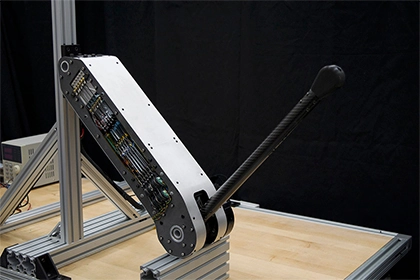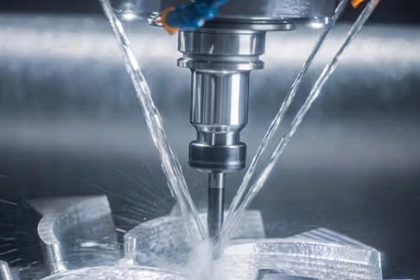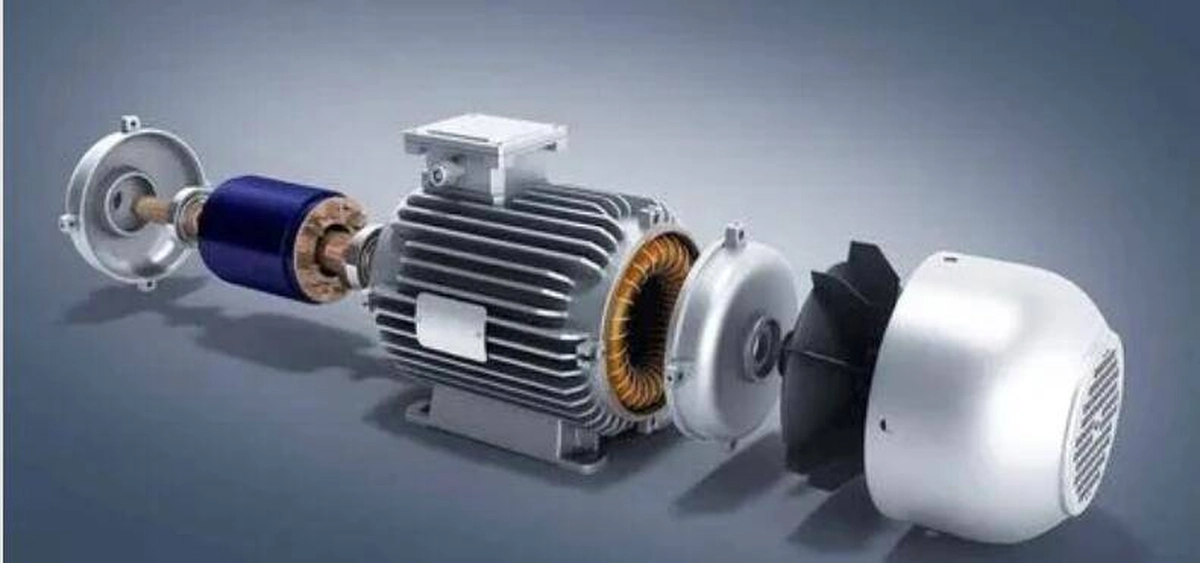- +86 19149417743
- Zhengzhou, Henan Province, China
- Mon-fri: 8am - 7pm
Get a quote
Efficiency: Hub motors are known for their high efficiency due to their direct integration with the wheel. They eliminate the need for mechanical power transmission components like belts, chains, or gears, resulting in minimal energy losses during power transfer.
Power and Torque: Hub motors can provide high levels of power and torque, enabling quick acceleration and improved performance. The torque generated by the motor directly translates into the force applied to the wheel, which affects the vehicle's ability to climb hills and carry heavy loads.
Regenerative Braking: Many hub motors support regenerative braking, which means they can recover and convert some of the kinetic energy of the vehicle back into electrical energy during braking. This feature improves overall efficiency and increases the range of electric vehicles.
Control and Handling: The control system of a hub motor allows for precise and responsive handling. By independently controlling each wheel, it becomes possible to implement advanced traction control, stability control, and torque vectoring systems, enhancing the vehicle's maneuverability and safety.
Maintenance: Hub motors are generally low-maintenance compared to traditional internal combustion engines. They have fewer moving parts, no transmission system, and require no oil changes. However, like any electrical component, they may require occasional inspection and maintenance of electrical connections and cooling systems.
Integration: Hub motors can be integrated into various types of vehicles, including electric bicycles, scooters, motorcycles, and even electric cars. Their compact design allows for flexible installation in different wheel sizes and configurations, making them suitable for a wide range of applications.
 2024-08-30 16:01:40
Engineering
2024-08-30 16:01:40
Engineering
 2024-07-26 14:09:13
Engineering
2024-07-26 14:09:13
Engineering
 2024-07-18 09:42:00
Engineering
2024-07-18 09:42:00
Engineering